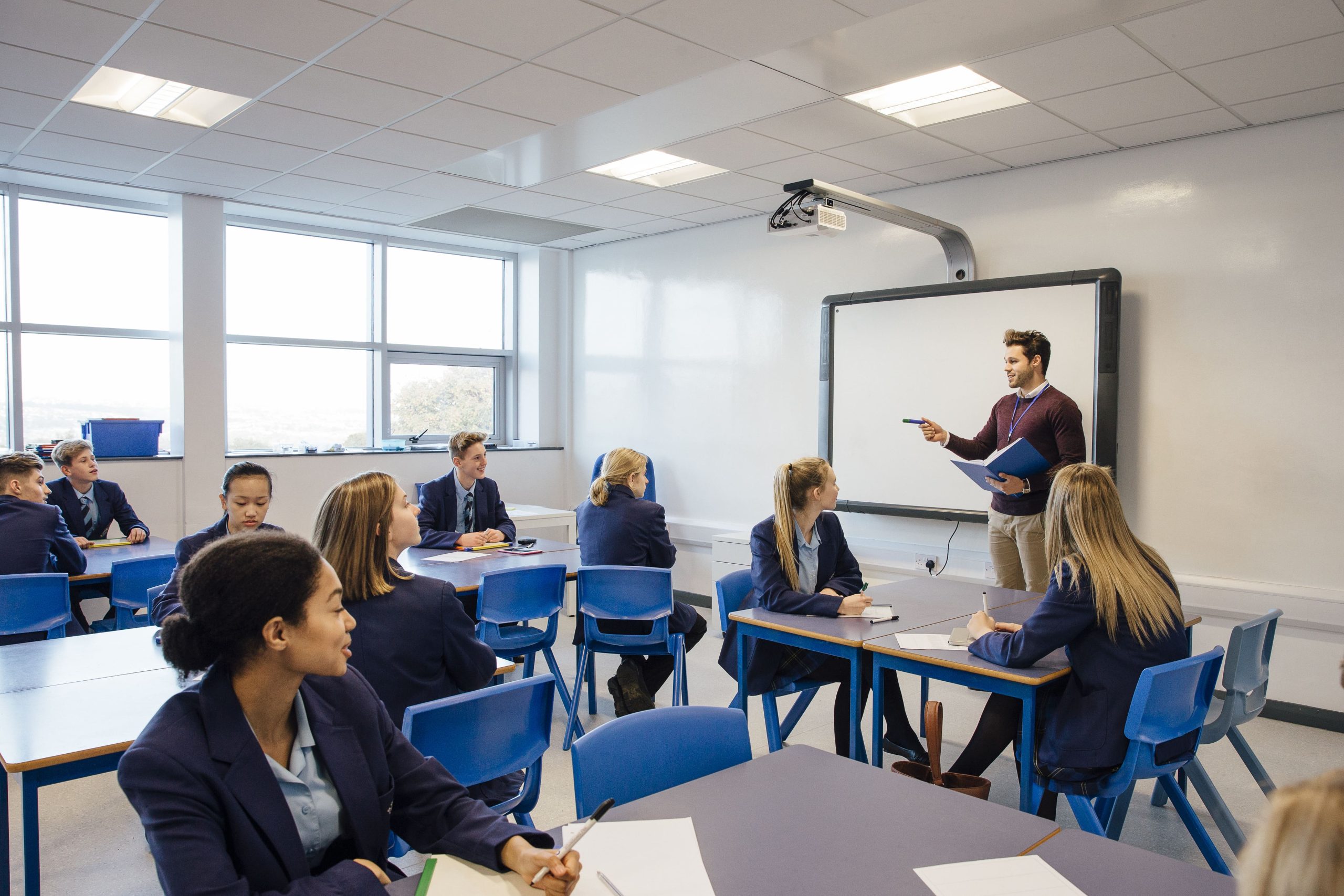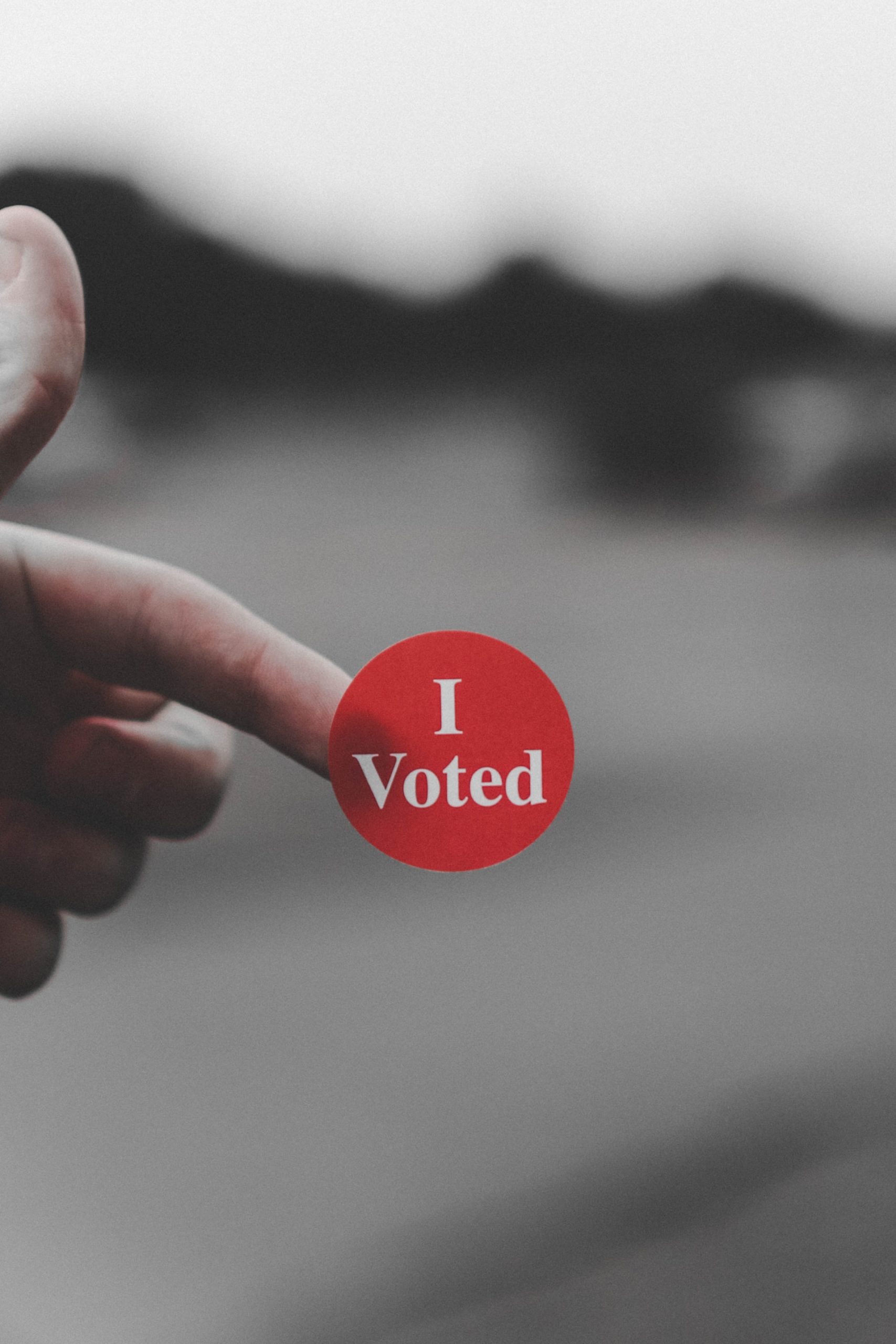Talking about politics remains controversial
Despite this, talking about politics in the classroom has always been controversial. Some teachers flat out refuse to engage. Potentially, a single step out of line could lead to a disciplinary, parental anger, and even social media outrage. So it’s understandable why politics in the classroom is often questioned and rejected by teachers.
For some teachers, rejecting some form of political discussion is nearly impossible. In subjects such as history, citizenship, sociology and even geography, questions around leadership, immigration, society and climate change are bound to arise.
Flat out rejecting to speak around these issues can hinder students’ knowledge and understanding of a subject. For this reason, it is important for some teachers at least to talk about politics in the classroom. But should all teachers engage with politics in the classroom? Should politics arise in a maths lesson, for example?






